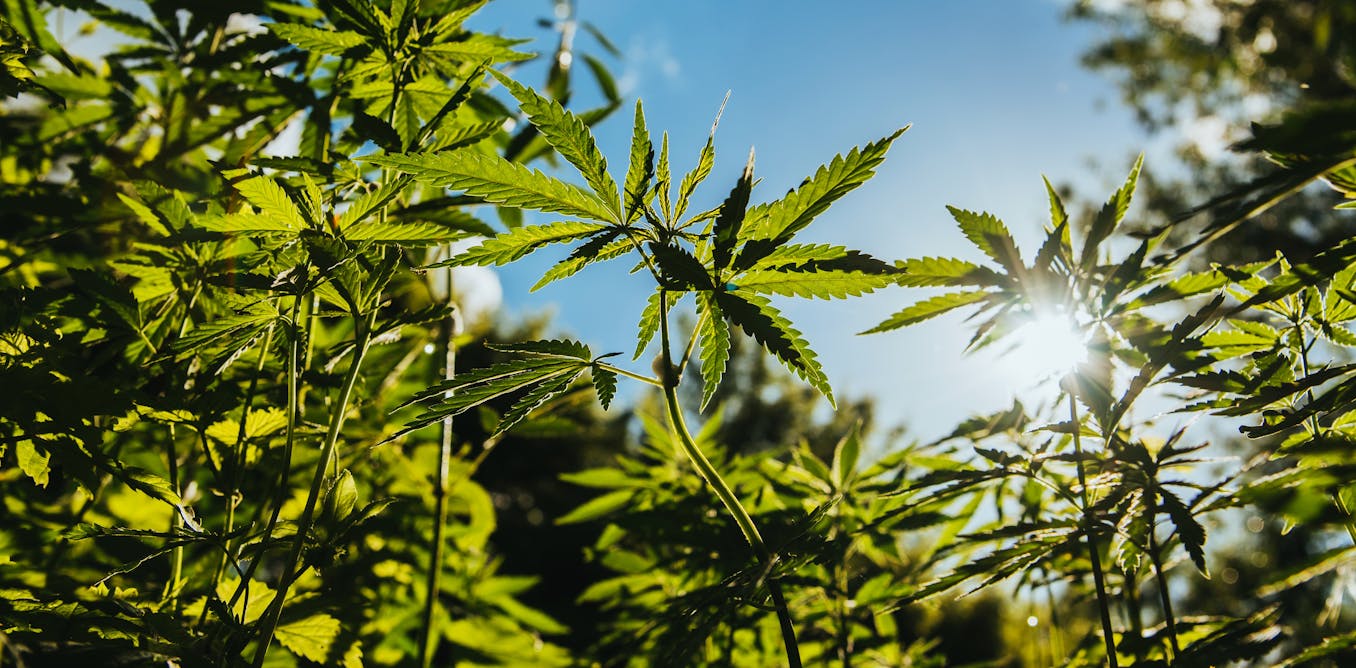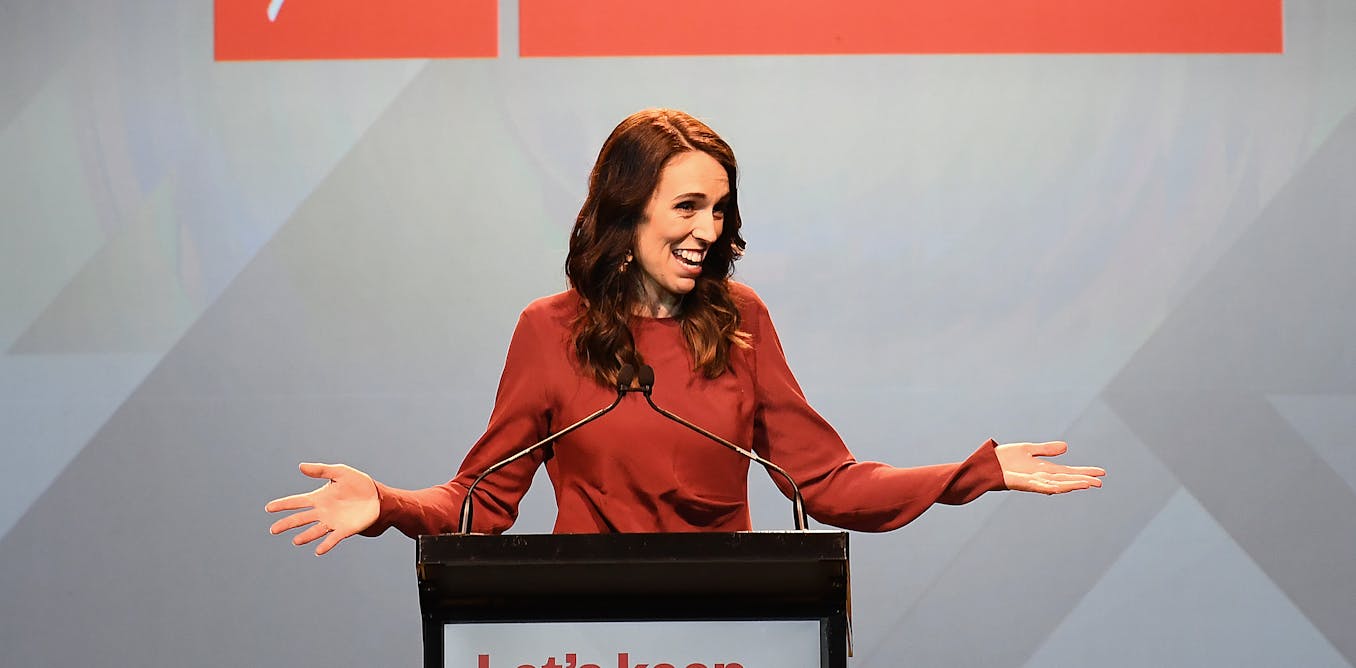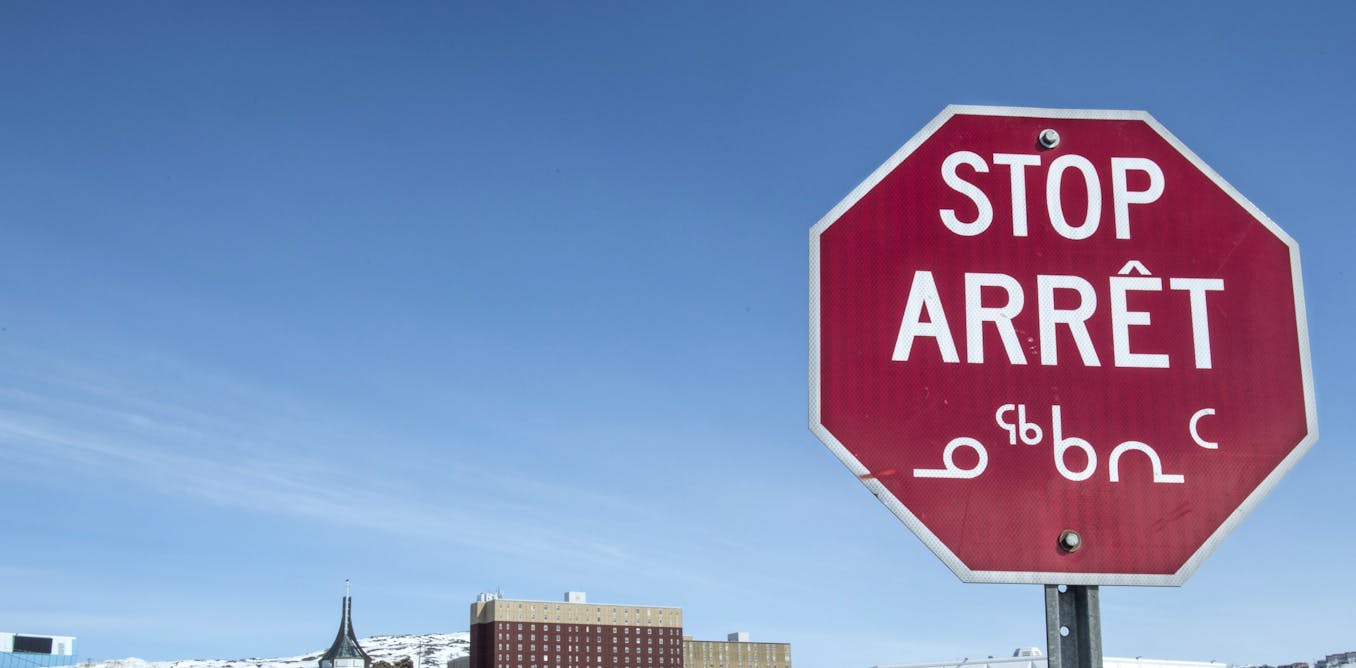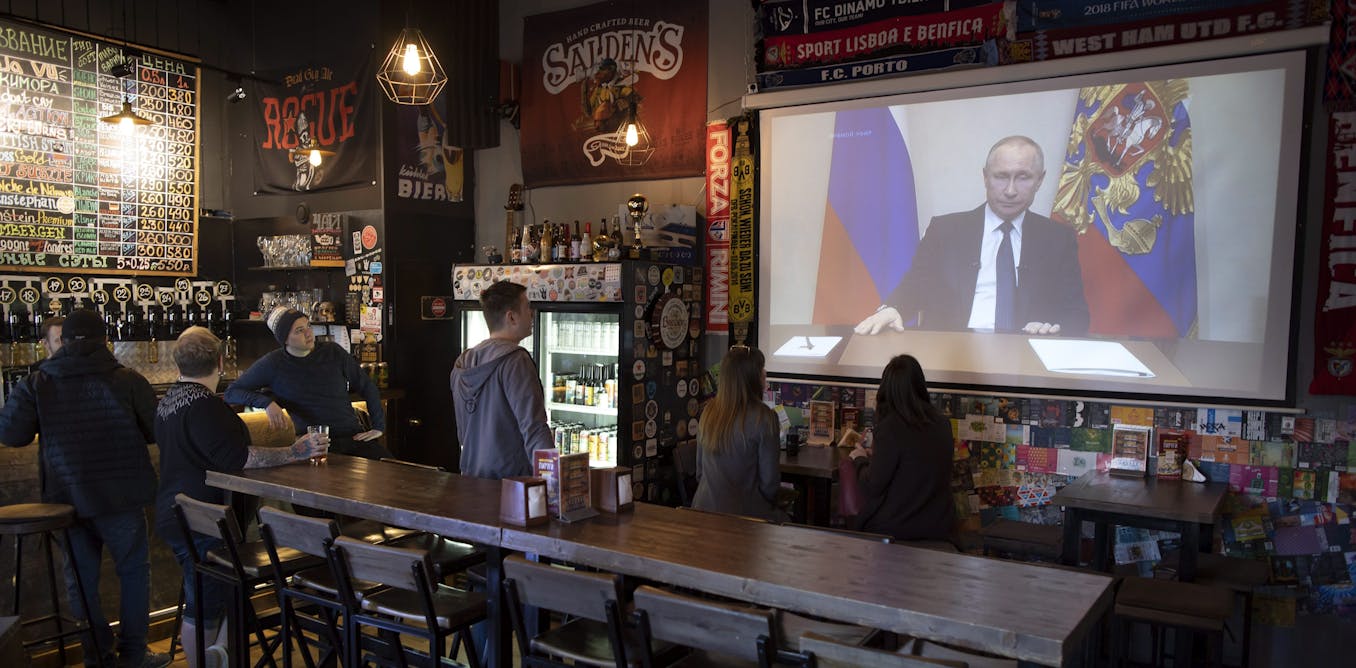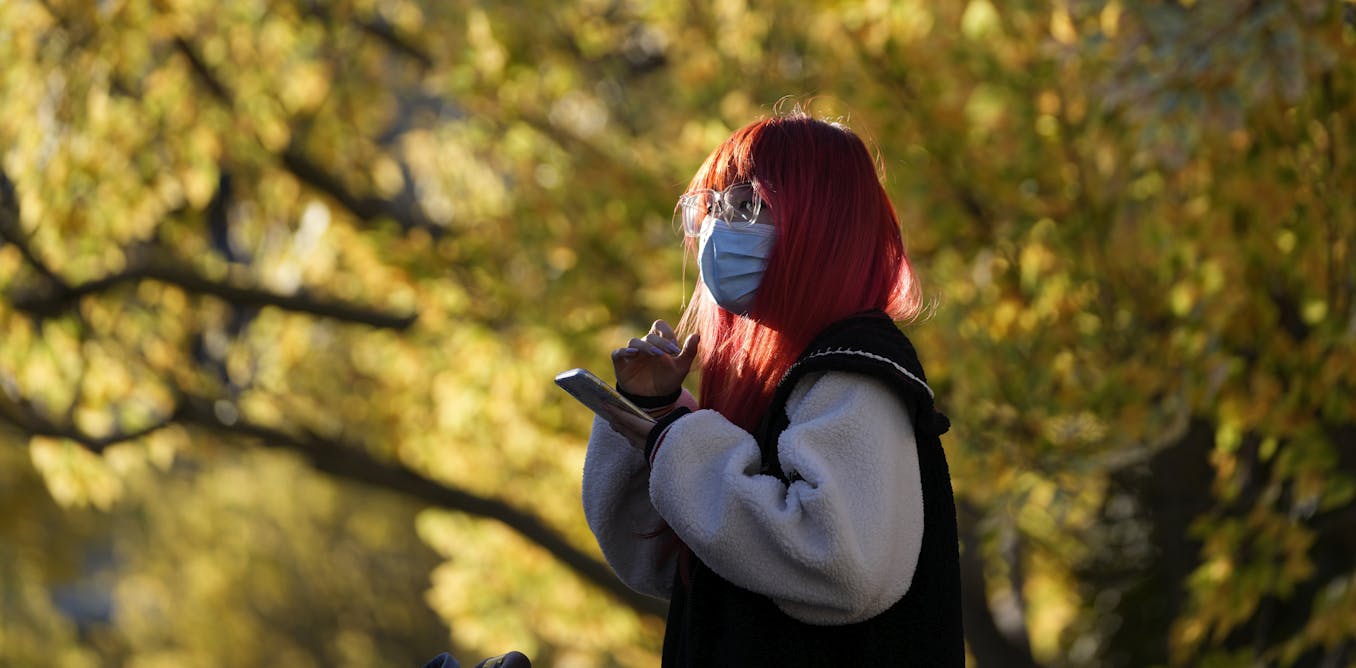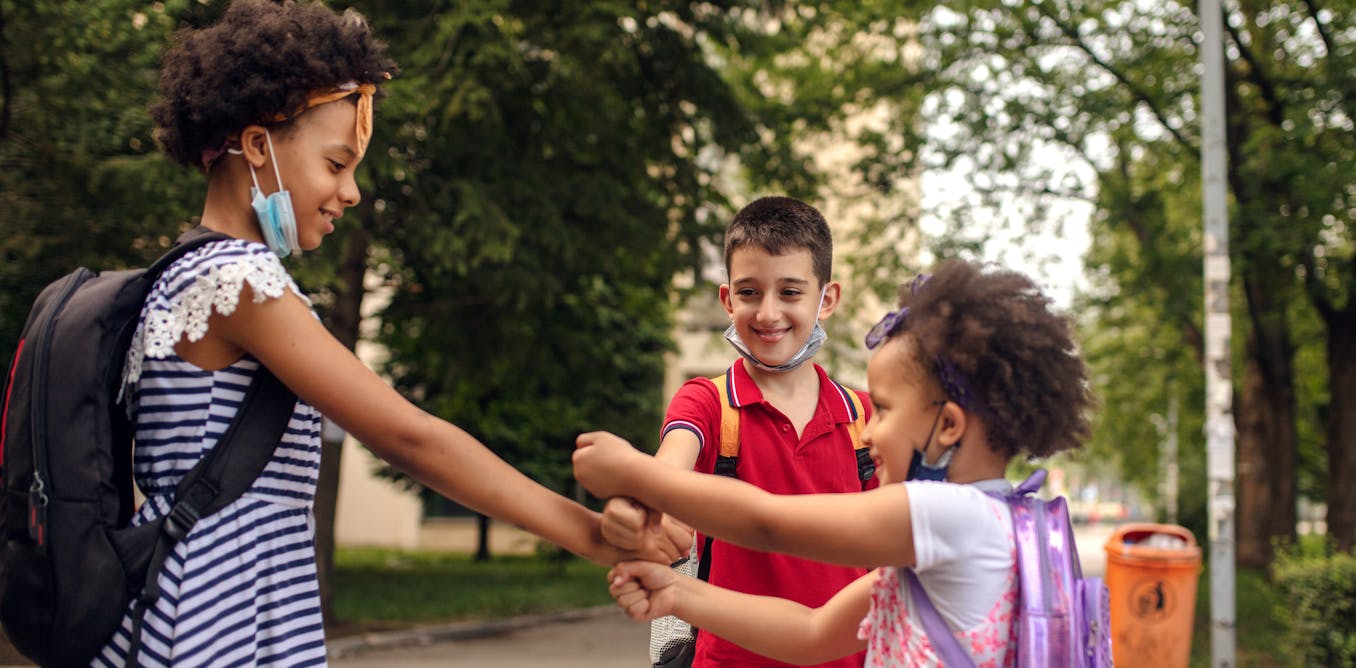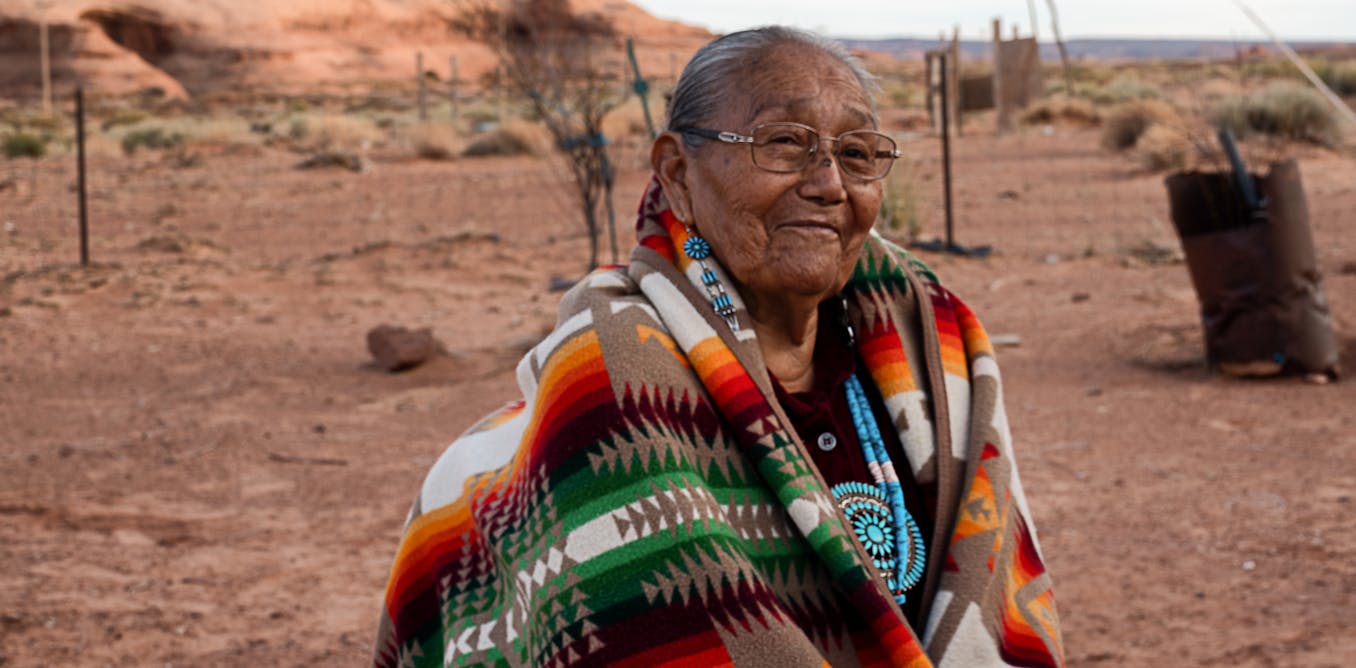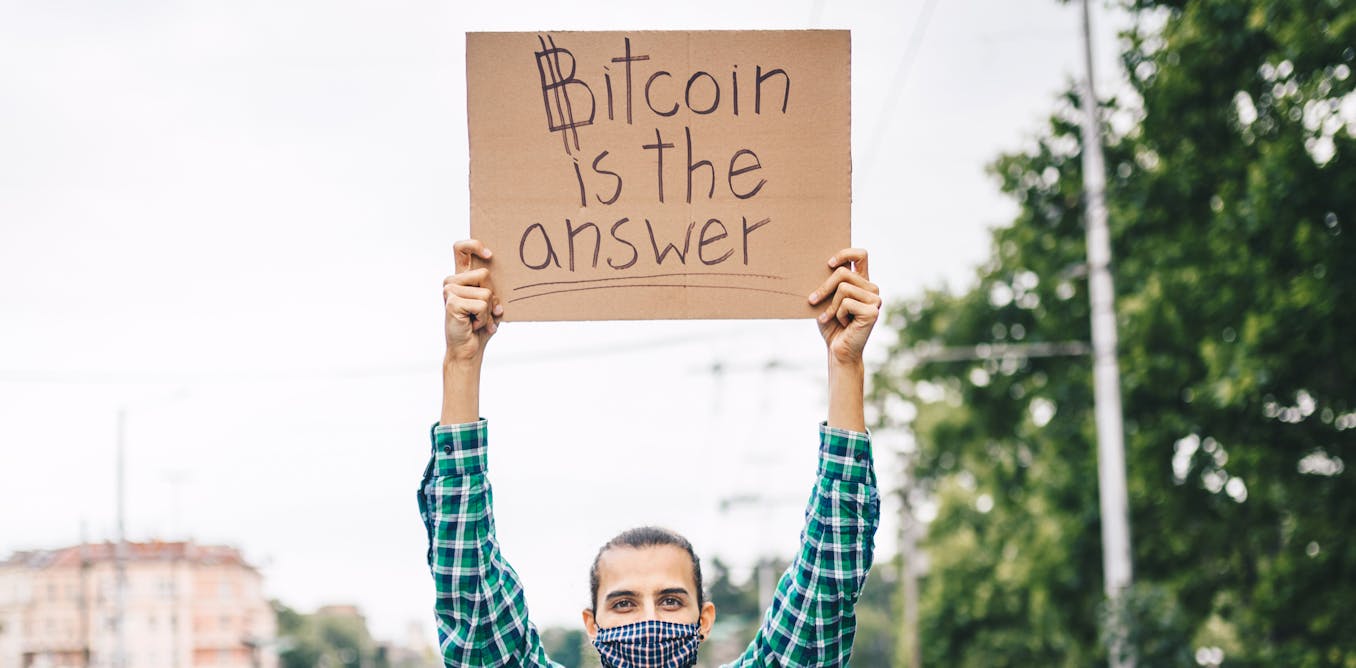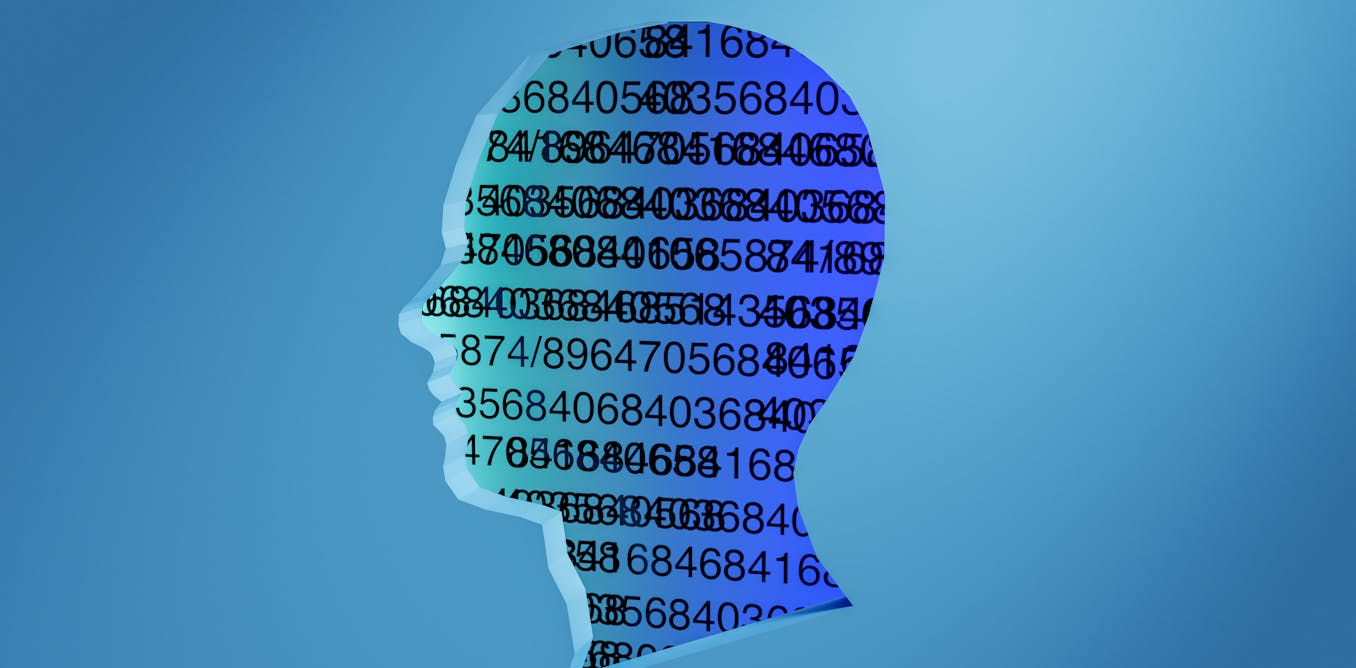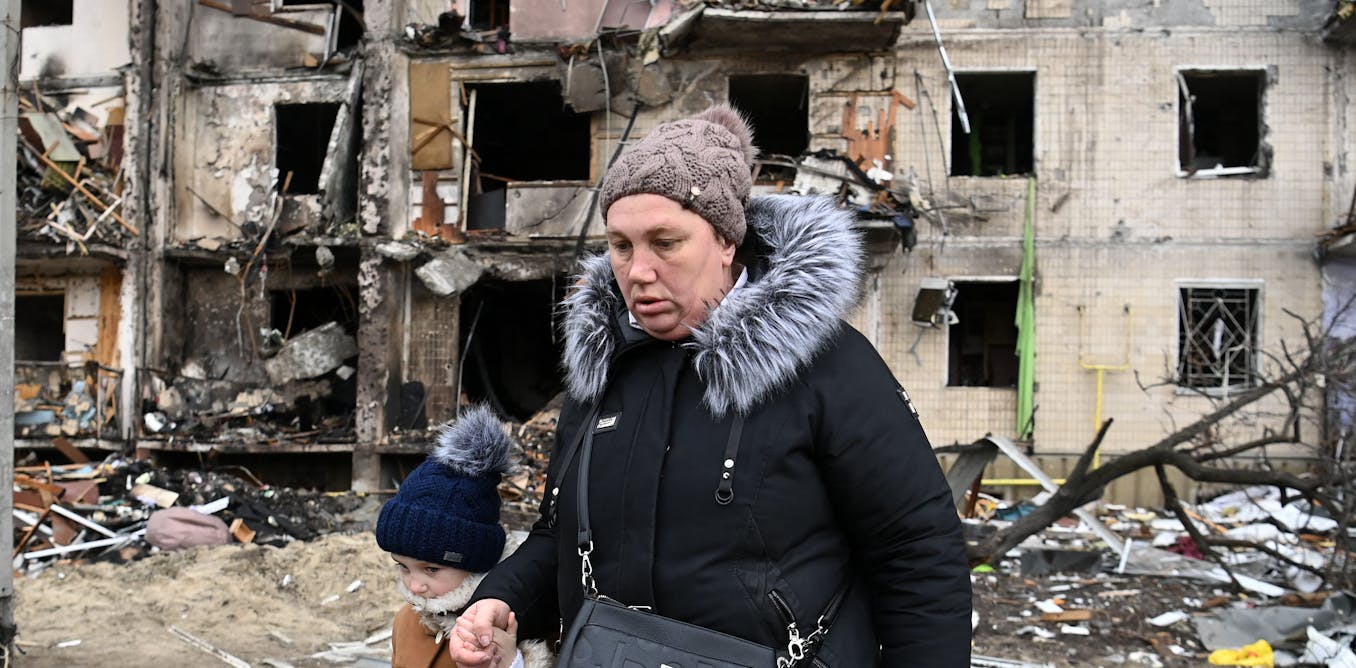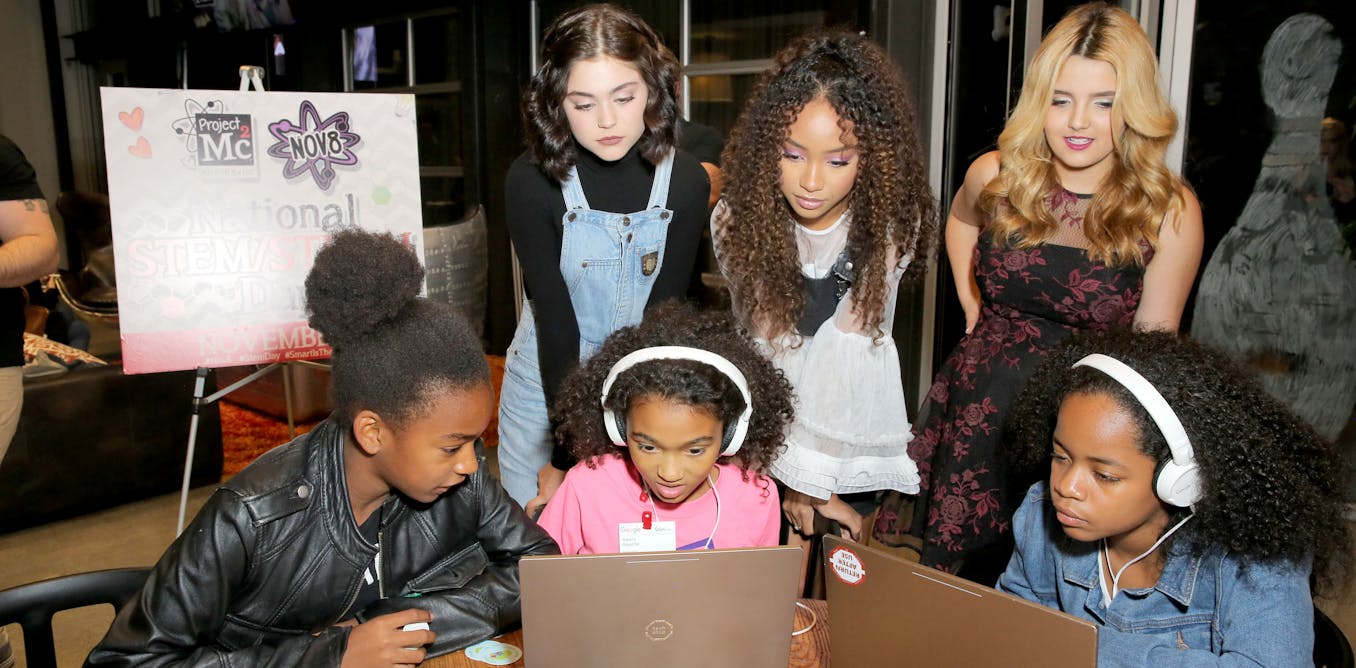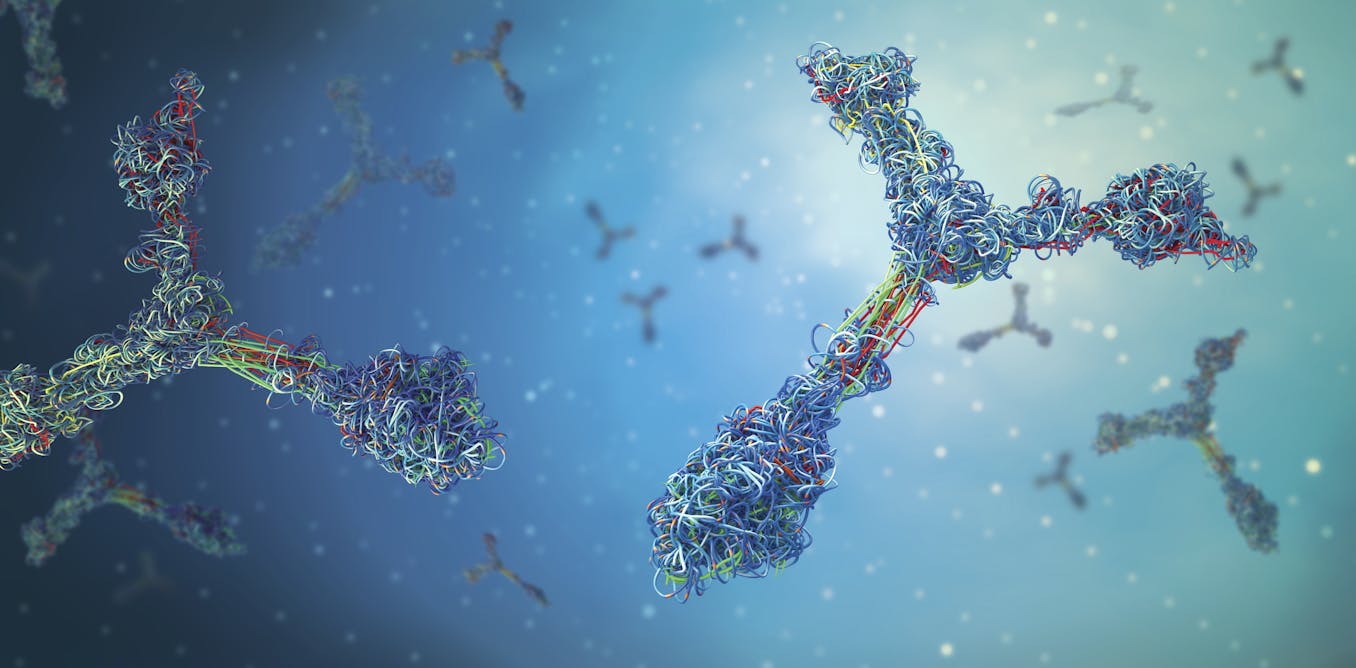'Laugh right in its face' – a poet reflects on her craft's defiant role in the middle of a war
In the middle of a brutal war, poetry asserts its value, challenging the darkness and inhumanity.
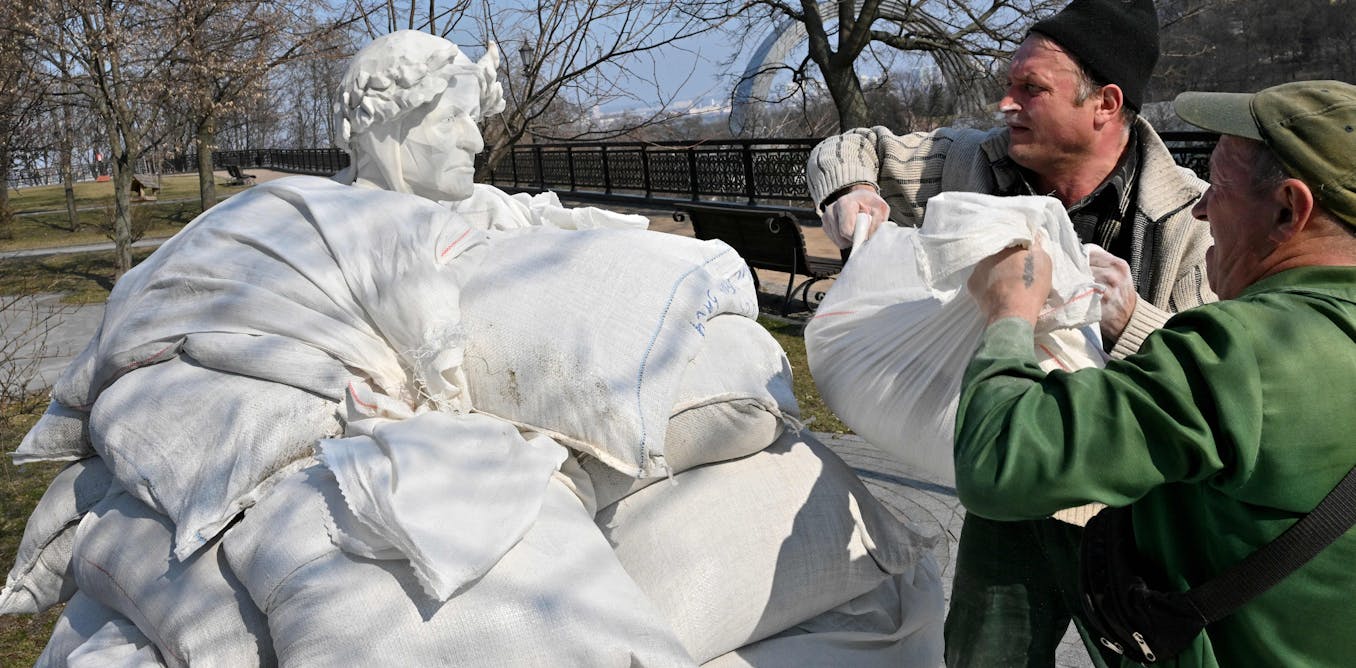
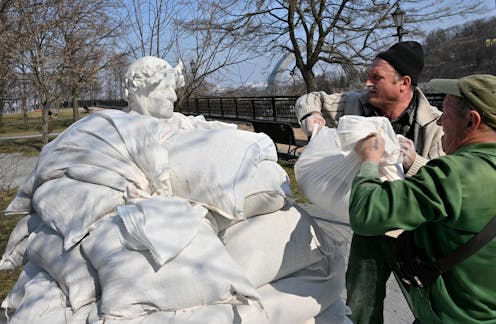
During the two years of intermittent lockdown, writers had plenty of time to write, a state of affairs that becomes clearer and clearer as books generated by, and written during, the pandemic begin to appear.
Not only to write, but to write to, with or for another alleviates loneliness. More online writing groups and workshops than I can begin to count have sprouted; some already existed, but now they’re ubiquitous.
So here we still are, in the spring of 2022, perhaps a bit less alone. But now, as the pandemic begins to recede in at least parts of the world, something equally alarming has taken its place.
“Putin makes Covid look good,” said a friend – a sentiment no doubt shared by many. As some of us are beginning to take off our masks, go to museums, gather with friends in a world that feels smaller every day, millions of refugees cram onto trains and into cars. Across Europe, people are buying iodine pills and survival gear and thinking about bunkers.
If the Covid virus was frightening and frustrating because it was faceless and invisible, the evil this time has a face. And yet the swiftly spreading miasma of terror and violence the world is now experiencing also feels more like an atmospheric condition – as if a long-brewing storm is gathering strength – than a result of human actions.
But as Covid has given way to war, as these two apocalyptic horsemen gallop along, with the others – famine and death – not far behind, poetry is right there, keeping up with them.
Heroic defiance
The Ukrainian poet Yuri Izdryk has a poem, “Darkness Invisible,” about this uncanny ubiquity, this spread of darkness. In Boris Dralyuk’s translation,
“evil has melted away in our world, as ice turns to water.
diffused invisibly, like mist in air
grope in the deepest, darkest of pits, your search will be futile
you cannot say evil is here, evil is there…”
Yet “Darkness Invisible” ends with a moment of human, intimate defiance. When evil surfaces and is no longer invisible, it will prove to be
“pathetic, a thing of no worth
and we two will laugh, we’ll laugh right in its face.”
Ilya Kaminsky, like Dralyuk a Jewish writer originally from Odesa, refers in a recent essay, “Poems in a Time of Crisis,” to this defiance – a spirit the world has also seen in Ukrainian President Volodymyr Zelenskyy. Whatever the outcome, the extraordinary and contagious courage shown by this young comedian-turned-statesman offers something to admire and emulate – the kind of beacon that, even before Covid, has been very scarce.
The spirit of heroic defiance manifests in literature as well as on the front lines. “Odessa stories have no endings,” Dralyuk wrote recently. This resonant claim surely suggests that exiles will return, that the city will survive, or that so long as we have stories, the idea of Odesa – a city named after the Greek hero Odysseus – will persist.
In “Poems in a Time of Crisis,” Kaminsky reports on a couple of his recent exchanges with writer friends who remain in Odesa. One of them writes: “I’m trying to do art. Read out loud. To distract myself. Try to read between the lines.” Another older friend, “a lifelong journalist,” responds to Kaminsky’s offer of help: “Putins come and go. If you want to help, send us some poems and essays. We are putting together a literary magazine.”
“In the middle of a war,” Kaminsky concludes, “he is asking for poems.”
The poetic idea

As a poet and a scholar of classical literature, I know that enormous events like pandemics and wars remind us that human emotions are not rarefied; they’re shared. Understanding them, we can sometimes begin to understand one another.
Poets write poetry to help them come to terms with the terror of their times. The process of writing those poems, and the process of reading them, both offer respite. Thus Kaminsky’s friend’s resolve: “Read out loud. To distract myself.”
“In the middle of a war, he is asking for poems.” Kaminsky’s resonant words at the end of his powerful essay remind me of C.P. Cavafy’s 1920 poem “Dareios,” translated by Edmund Keeley and Philip Sherrard. This poem presents a Greek poet at work on his epic about the Persian king Dareios, attempting to analyze “the feelings Dareios must have had.”
But the poet’s reverie is interrupted by the news that “war with the Romans has begun; most of our army has crossed the borders.”
“The poet is dumbfounded. What a disaster!
How can our glorious king,
Mithridatis, Dionysos and Evpator,
bother about Greek poems now?”
Next, as happens when war approaches, the poet becomes fearful: “The town isn’t very well fortified / and the Romans are the most awful enemies.” He prays: “Great gods, protectors of Asia, help us.”
And then? “Dareios” ends on a note which transcends centuries to speak to us right now.
“But through all his distress, all the turmoil,
the poetic idea comes and goes insistently:
arrogance and intoxication – that’s the most likely, of course:
arrogance and intoxication are what Dareios must have felt.”
[Over 150,000 readers rely on The Conversation’s newsletters to understand the world. Sign up today.]![]()
Rachel Hadas does not work for, consult, own shares in or receive funding from any company or organization that would benefit from this article, and has disclosed no relevant affiliations beyond their academic appointment.
What's Your Reaction?




















